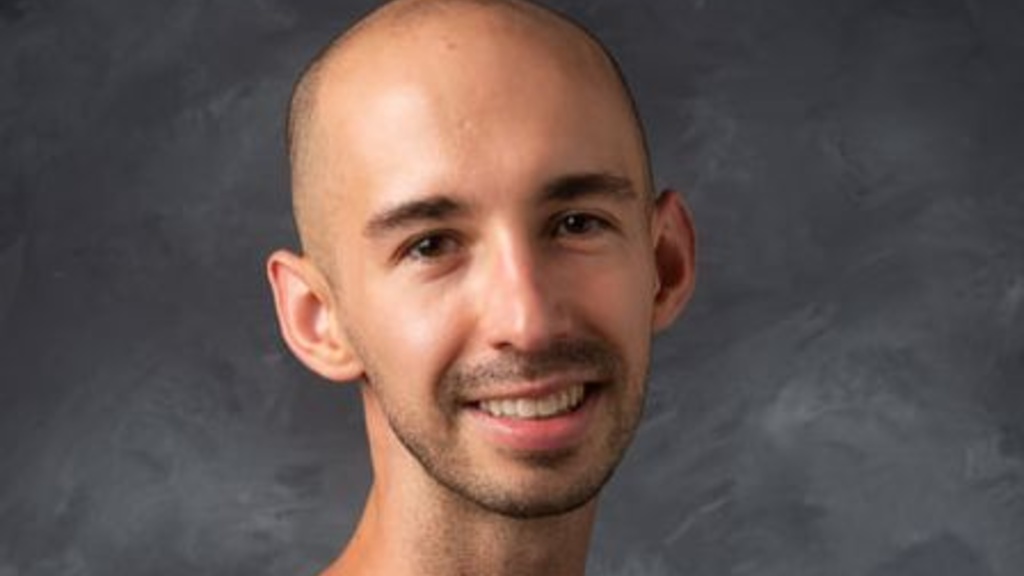December 1, 2, 3 // 8:00 p.m.
Space Place Theater, 101 North Hall
This concert is the culminating project of the Collaborative Performance class, which serves to provide space and opportunity for the crafting of a staged performance that is devised via interpersonal praxis. Third-year dance MFA candidates Kyle Ayers and Sean Thomas Boyt were presented with texts by theoretical physicist David Bohm and a painting by local artist Steven Erickson. Using these works as points of departure, Ayers and Boyt – with a cast of dancers and live accompanist – explore energetic imbalances and equilibrium, game- and task-based scorework, and the reality of entropy in durational processes. Through these modes and principles, the concert investigates the complexity of individuality within systems of cooperation.
Live Accompanist: M Denney
Stage Manager: Mariana Tejeda
Costume Designer: Juliana Waechter
Dancers: Kathleen Belz, Leilani Carreno, Audrey Michaels, Katelyn Olson, Emily Pyburn, Zander Sullivan, Brittlyn Taylor, Aubrey Vantiger
The choreographers wish to thank Eloy Barragán, Mariana Tejeda, M Denney, Juliana Waechter, and the dancers for their collaborative efforts throughout the process.


